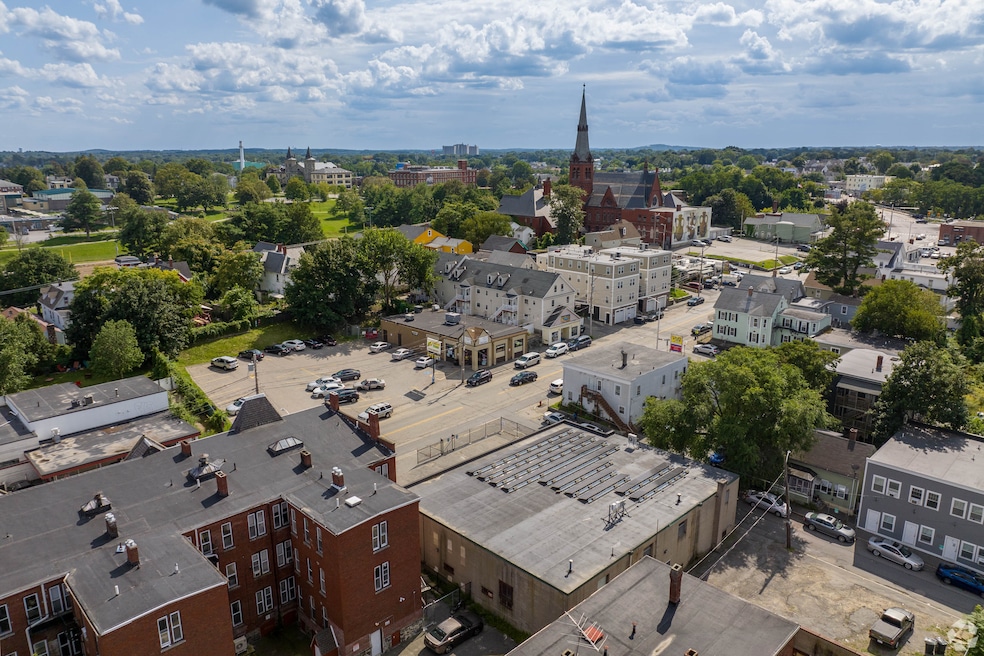Massachusetts Gov. Maura Healey said this week she wants to make more than 450 acres of state-owned property available for affordable housing development, as the commonwealth tries to make a dent in its goal of building 200,000 new homes by 2030.
More than 1,500 homes on state lands are already in the works, Healey said in a June 2 statement, citing as examples a mix of rentals and homeownership planned at the former Boston State Hospital, the conversion of a former unemployment assistance office in the city of Brockton, and homes on part of a state university campus in suburban Salem. In some cases, the state plans to auction off property.
“From day one, I pledged to use every tool to build more housing and lower costs across the state. That’s why I directed our team to find state properties that could be turned into housing,” Healey, who began her term as governor in 2023, said in a statement. “These 450 acres will be turned into thousands of new homes that families, seniors and workers can actually afford.”
The state’s effort to convert or sell surplus land for housing development mirrors a more prominent effort at the federal level. Recent Democratic and Republican presidents have called for making public lands, especially in the Western U.S., available for housing. Some resistance has emerged, however, from conservationists concerned that the public will lose access to valuable recreational resources.
Massachusetts is also pushing towns and cities in Greater Boston to change zoning codes to allow housing types beyond single-family homes to be built near train stations, including duplexes, townhouses and apartment buildings. The state supreme court ruled in January that the state didn’t overstep its authority by requiring local governments to change their rules. The effort had generated a pipeline of 3,000 new homes as of the start of the year, according to state officials.
Some advocacy groups in Massachusetts have urged state and local governments to be more aggressive about making publicly-owned land available for housing. In a November 2024 report, the nonprofit Boston Foundation said 110,000 acres are in government hands across Greater Boston. If just 5% of it were developed, it could yield more than 85,000 new homes, the group said.
“Building affordable housing on surplus state-owned land will reduce the overly burdensome timeline and cost that currently stymies development,” Emily Haber, chief executive officer of the housing advocacy group Massachusetts Association of Community Development Corporations, said in Healey’s statement.

